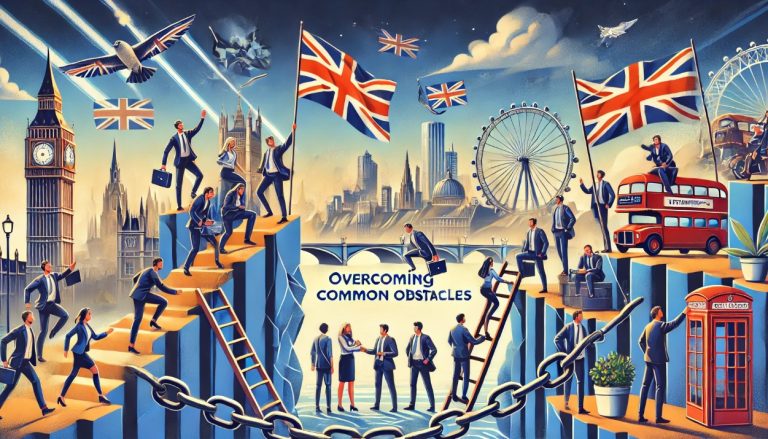Gaming has taken much inspiration from the intricate worlds found in literature. Whether it’s the epic quest structure of fantasy novels or the moral decisions of classic characters, literature offers a deep well of ideas that shape the games we love.
Explore the world in new ways as these tales come alive through books on zlib, inviting you to dive deeper into the themes and inspirations that form your favorite game mechanics. Games today are more than graphics and skill; they represent complex ideas and storytelling techniques, many of which have been borrowed from timeless books.
The Complex Characters of Literature and Games
In literature, heroes often go beyond mere strength, displaying depth that makes their journeys unforgettable. Game designers have used these archetypes to craft playable heroes and villains, bringing to life the layered characters that players love.
Think about popular role-playing games where choices define character paths—an influence rooted deeply in the morally complex worlds of literature. Players encounter situations where choices aren’t simply black or white, but a spectrum of moral gray, echoing the complex characters in classic novels.
These layered dynamics add immense depth to the gameplay, making each decision more than just a move on the board. By drawing inspiration from complex literary characters, games create emotional ties, allowing players to experience the spectrum of human emotions through their avatars. Here, books become a bridge into the game world, connecting players to themes of sacrifice, redemption, or revenge.
Worldbuilding: Crafting Universes With Literary Precision

Games are immersive experiences, transporting players to meticulously crafted worlds, a technique first refined in books. Fantasy worlds of J.R.R. Tolkien and dystopian futures of George Orwell inspire the detailed realms of many games.
Through vivid worldbuilding, games immerse players in places where every corner tells a story, much like the imaginative universes in classic novels.
Crafting an engaging universe in a game often means taking hints from the layered worlds that literature offers. Each zone or city in a game tells its own history, while the natural landscapes hint at events from a fictional past.
This level of detail allows players to feel as if they’re wandering through a novel brought to life. Here’s a glimpse at how books have contributed to game environments:
- Rich Cultural Backdrops: Stories like Homer’s The Odyssey shape the cultures and religions found in games, enhancing depth.
- Symbolism and Lore: Literary symbols find their place in gaming, giving hidden meanings and sparking intrigue among players.
- Landscape as a Narrative Tool: Nature settings echo the moods of the storyline, akin to how authors describe landscapes to set a scene.
- Political Intrigue: Literary dynasties inspire the power struggles and alliances in games, deepening the story for players.
- Mythological References: Greek and Norse myths turn into fantastical elements, grounding games in familiar yet mystic tales.
The intricate worlds of games, echoing the literary landscapes they stem from, add to their allure, keeping players engaged as they traverse different storylines and realms.
The Art of Conflict: Battles Born from Classic Storytelling
The art of battle, whether in historical or fantasy games, owes much to literature’s timeless conflict themes. Stories such as Beowulf or The Iliad inspire not only the visuals of epic battles but also the psychological layers of warfare.
These stories contribute to crafting conflict systems that challenge players on multiple levels. Unlike simple win-or-lose fights, literature-inspired games create situations where every battle reflects a larger purpose, often making the players reflect on their motivations.
Using conflict themes from literature, game designers add layers of meaning to in-game struggles. Games encourage players to think about strategies and make choices that impact the game’s world, similar to the classic tales of warriors and gods.
By drawing from literature, these conflicts evolve into more than just action; they become experiences filled with moral ambiguity and human struggles. Z library serves as a source to explore these original stories, further connecting readers and players to the roots of these complex, in-game wars.
Conversations That Drive the Story Forward

In games, dialogue is essential to develop relationships and advance the storyline, a concept drawn from character-driven literature.
Books like Pride and Prejudice or Catch-22 show how dialogue can reveal hidden truths, establish relationships, or introduce humor, all of which elevate the story. By embedding literary dialogue mechanics, games invite players to explore character depth and make choices that impact the story.
Dialogue-driven games allow players to interact meaningfully with other characters, turning conversations into a way to influence the game’s direction. As they choose responses and interact with various personalities, players experience the same rich storytelling that books offer. This literary-inspired approach in games creates emotional connections, urging players to invest in relationships within the game.
Literature and the Future of Game Design
The relationship between books and games is far from over. As games evolve, designers continue to look back to the world of literature for ideas, fueling their creations with plots and concepts that speak to our shared love for storytelling.
In doing so, they keep literature alive, ensuring its place as an eternal muse in the gaming world. Whether you are a reader or a gamer, this blend offers a way to experience stories from a fresh perspective, adding layers of enjoyment and discovery to both books and games.




